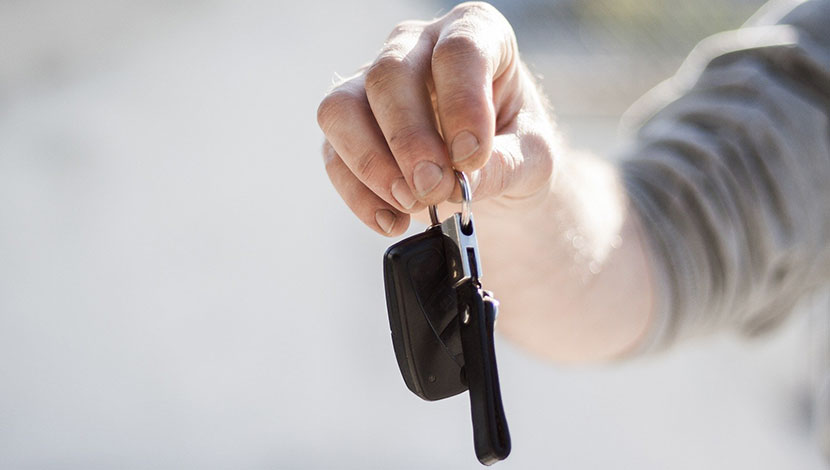To share or not to share your car? We look at the pros and cons of sharing your vehicle with your kids. See what it means for the cost of your green slip.
What are the pros of sharing the family car?
Sharing the family car with your teen is one way to save money. Even so, it may be a challenge for parents to share their vehicle with an inexperienced young driver.
However, sharing your car with your kids has benefits:
- Teens who share the family car tend to discuss and plan their journeys more. They act less free and entitled than when they drive their own car.
- It’s an opportunity for negotiation, cooperation and problem solving in the family (such as, who’s going to clean the car or pay for petrol?). There’s more to owning a car than just driving it and these are useful life skills.
- It may be safer to share a newer car than buy your teen an older car.
Even so, we know from experience you can expect the occasional dent or ding in the side of it. Dents or dings are part of life, and so are accidents, which is why green slips cost more if there is a young driver.
Should you buy them their own car?
Many parents with the best intentions buy (or help their kids buy) their own first car. It frees up the family car for Mum and Dad, while teaching your teen about owning a car. From the outset, they learn the responsibilities of ownership and maintenance of a vehicle.
Some parents don’t buy teens their first car because it’s a lost opportunity to teach them about saving up for a large purchase.
- Research shows young people with a car of their own have more risk of a crash than those who share the family car.
- A quarter of young car owners had been involved in crashes, compared to 10% of teens who shared the family car.
Their newfound freedom appears to create ‘a sense of entitlement about driving’ that makes young drivers less cautious.
Should we give our teenager our old car?
Unfortunately, a teenager’s first car is often older than average and less protective than newer models.
- US research found nearly 80% of drivers under 20 who died and 71% of those seriously injured in the past 5 years, were driving cars older than 10 years.
- Around 45% of deaths were in vehicles at least 15 years old.
Even so, parents often pass on their older models to their children while they drive the newer vehicles. It makes sense from an economic standpoint, but it’s not the safest option.
Why are green slips more expensive for young drivers?
Green slips are more expensive because young drivers are more likely to have accidents:
- P1-plate drivers are only 3% of all drivers but represent 20% of deaths and die at twice the rate of all drivers.
- The first month of driving with P-plates is the riskiest time.
When parents buy a green slip for the family car, they must give the age of the youngest driver. Even if the youngest driver is a learner driver, they must say so.
Do I have to say there’s a young driver?
Yes, you must. Parents who are sharing the family car must not leave out the youngest driver to get a cheaper green slip price:
- While the green slip is still valid, insurers can claim the difference between what was paid and what should have been paid.
- If anyone makes a green slip claim based on a statement they knew was false, the insurer can claim up to $5,000 from them.
If the young driver of the family car is involved in a collision, the price of its green slip will increase.
How can I reduce green slip prices for my young driver?
Greenslip prices are particularly affected by these details:
- Where you live
- Type and age of vehicle
- Age of vehicle owner and youngest driver
- Driving history (offences, demerit points, years licensed)
- Claims history (other insurance held, at-fault claims).
Unfortunately, young people can’t help being young. Where possible, it helps to drive a safer vehicle. Parents can encourage their kids to keep a clean driving history with no traffic offences, demerit points, or insurance claims. This at least creates cheaper green slips in the future.
Does it make more sense to share the family car?
On balance, it may make more sense to share the family car than buy your teenager their own car. Sharing involves one set of expenses only and may be safer for inexperienced teenagers in the long run. Parental driving experience will be more favourable for green slip pricing than if your teen has to rely on their own short driving history.
It also means you need buy only one green slip and that must be cheaper than two.


your opinion matters: